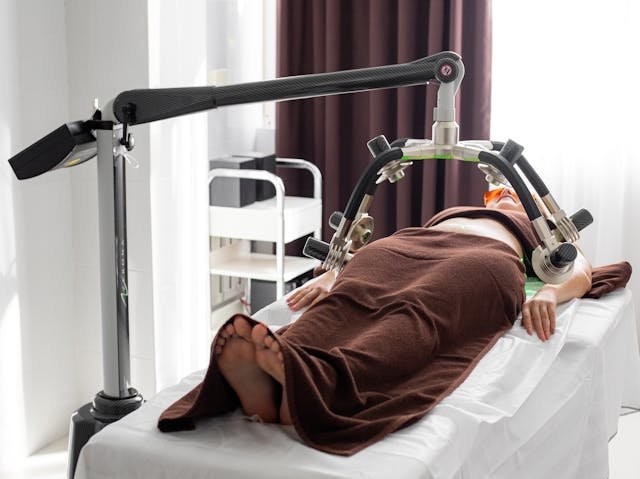
The Future of Cancer Care: How AI and Machine Learning Are Revolutionizing Treatment
Early Diagnosis and Detection
- Enhanced Imaging: AI algorithms can analyze medical images more accurately than traditional methods, identifying cancerous tissues earlier.
- Predictive Analytics: ML models can predict the likelihood of cancer based on genetic data and other risk factors.
Personalized Treatment Plans
- Tailored Therapies: AI can help design treatment plans that are customized to an individual’s genetic makeup and specific type of cancer.
- Drug Discovery: ML accelerates the process of finding new drugs by predicting how different compounds will interact with cancer cells.
Improving Treatment Accuracy
- Radiation Therapy: AI is used to optimize radiation doses, targeting cancer cells while minimizing damage to healthy tissues.
- Surgical Precision: Robotic surgery guided by AI ensures more accurate and less invasive procedures.
Patient Monitoring and Support
- Remote Monitoring: AI-powered devices can track patients’ health in real-time, providing data for timely interventions.
- Virtual Assistants: AI chatbots and apps offer support and information to cancer patients and their caregivers.
Data-Driven Research
- Big Data Integration: AI and ML can analyze vast amounts of medical data, uncovering patterns and insights that drive research and clinical trials.
- Genomic Analysis: AI accelerates the interpretation of genetic information, leading to better understanding of cancer mechanisms.
Challenges and Ethical Considerations
- Data Privacy: Ensuring that patient data is securely managed and protected.
- Bias and Fairness: Addressing potential biases in AI algorithms to provide equitable care for all patients.
Conclusion
The integration of AI and ML in cancer care is revolutionizing the field, offering promise for earlier detection, personalized treatments, and improved patient outcomes. As these technologies continue to evolve, they hold the potential to significantly enhance the quality and effectiveness of cancer care.
Recent Post Articles
Approaches to Preventing Burnout: Homeopathy for Resilience
In the contemporary work environment, burnout is becoming increasingly prevalent, characterized by chronic…
How Homeopathy and Yoga Complement Stress Reduction
Homeopathy and yoga offer holistic approaches to wellness, each with unique methodologies that…
Remedies for Managing Grief and Loss
Grief and loss are profound emotional experiences that impact individuals uniquely, leaving a mark…





